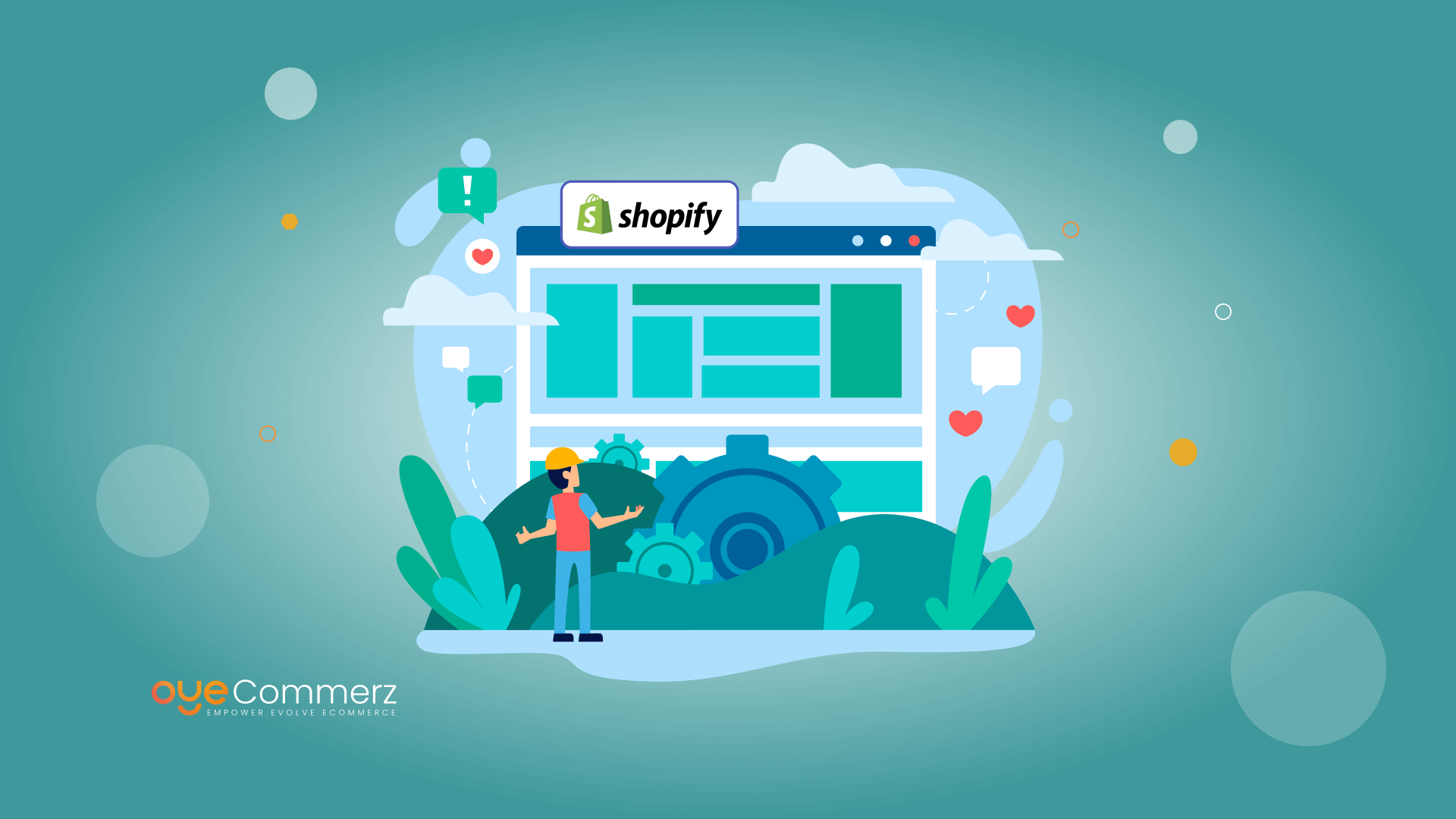Introduction
In today’s competitive e-commerce environment, standing out is essential, and one of the best ways to differentiate a Shopify store is through tailored app creation. A robust Shopify app can enhance store functionality, streamline operations, and boost customer interaction. This guide explores essential elements of Shopify app development, covering API integration and app ecosystem to scaling strategies and digital marketing approaches, providing a roadmap for businesses seeking superior store efficiency.
The Importance of Shopify API Integration
Shopify’s API offers robust tools to customize and extend store capabilities. With the GraphQL and REST API options, developers can retrieve information to build applications that manage inventory management, order handling, and customer information management seamlessly. Integrating Shopify’s API can lead to better workflow automation and allows stores to serve customers more efficiently.
Adopting the Polaris Design System
Shopify’s Polaris is Shopify's set of design guidelines for creating intuitive and easy-to-use Shopify apps. By following Polaris principles, developers ensure that apps seamlessly integrate within the Shopify Admin interface. This ensures a cohesive look and feel that appeals to Shopify merchants, promoting usability and familiarity for merchants utilizing your custom app.
Understanding the Shopify App Ecosystem
The Shopify app ecosystem offers endless possibilities for improving online stores. From handling order fulfillment to increasing customer engagement, apps in this ecosystem are designed to meet diverse business needs. Familiarizing with this ecosystem assists developers in finding unique app opportunities and enables seamless integration of third-party services that add value to the store.
Developing Embedded Shopify Apps
Embedded apps integrate directly within the Shopify Admin, providing a smooth interface for merchants. They ensure that merchants don’t have to navigate away from their Shopify control panel, streamlining their workflow. Employing Shopify App Bridge and embedded app capabilities is recommended for providing a unified, well-integrated user environment.
Leveraging Node.js and React for Shopify Development
The technologies Node.js and React have emerged as ideal tools for Shopify app creation. Node.js enables high-performance server-side applications, while React allows for interactive and adaptive front-end user interfaces. Together, they offer an strong platform for creating speedy, growth-ready Shopify apps that improve store performance and customer interaction.
Webhooks in Shopify Apps
Webhooks enable instant data Maintenance for Shopify apps updates between Shopify and an external app. They initiate events such as order creation or inventory updates and provide immediate notifications to your app. By utilizing webhooks, apps can deliver real-time insights Maintenance for Shopify apps for store owners, simplifying processes and boosting productivity.
Engaging Customers Through Digital Marketing for Shopify Apps
To make a Shopify app successful, connecting with users is crucial. Using digital marketing strategies like SEO, email marketing, and social media campaigns can drive app adoption. Additionally, designing apps with customer interaction as a focus (e.g., loyalty programs or personalized recommendations) boosts user retention and loyalty.
Making Your Shopify App Scalable
As e-commerce stores expand, so do their technology requirements. Making sure that your app can scale to handle higher usage, larger databases, and more advanced functionalities is essential. By optimizing server capacity and using scalable solutions, you can create apps that grow in parallel to a store’s growth.
Important Features and Maintenance Tips for Shopify Apps
For an app to be useful, it should offer key capabilities like user authentication, analytics dashboard, and customer support options. Regular app maintenance, including updates to fix bugs and compatibility checks with new Shopify functionalities, is important to maintain uninterrupted performance and prevent disruptions to business processes.
Conclusion
Custom Shopify app development holds vast potential for e-commerce businesses, offering the ability to enhance store functionality, streamline processes, and build customer relationships. With API integrations and Node.js to ensuring scalability and customer interaction, building a Shopify app involves careful planning and well-planned actions. If you’re prepared to elevate your e-commerce experience, a custom Shopify app could be the perfect choice. What features do you see for your ideal app? Share your thoughts and begin the journey to an optimized e-commerce journey!
